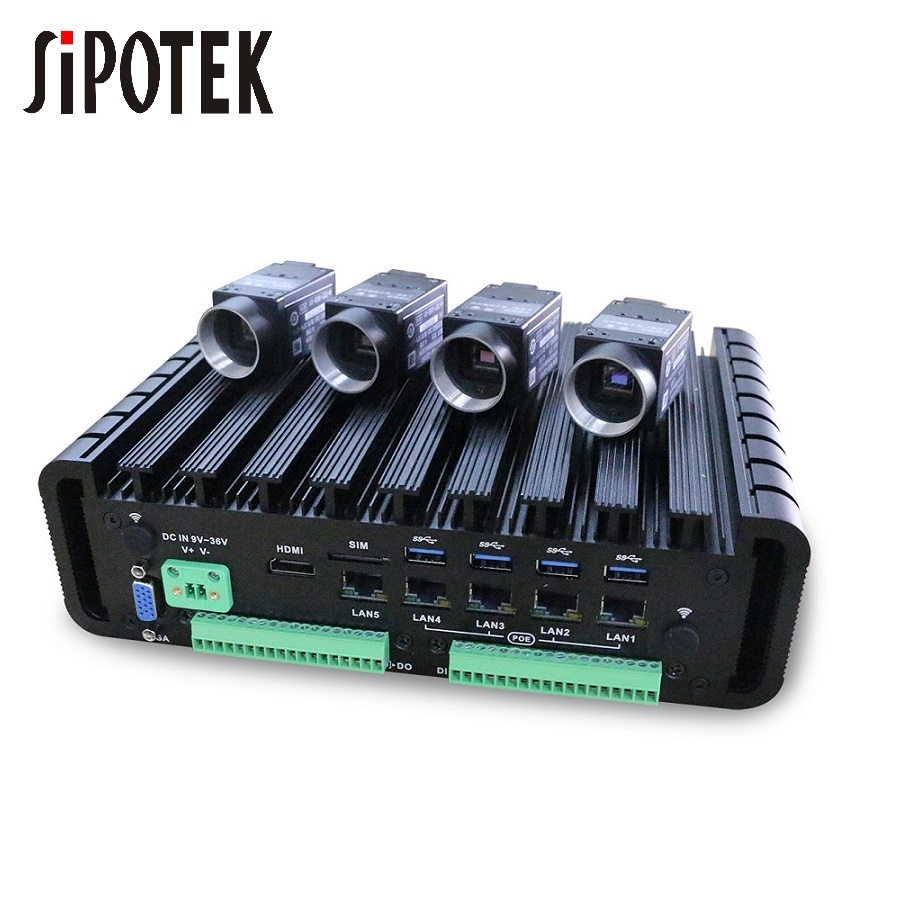The visual inspection covers many fields, and is that not only is it a device that captures images of a material from different angles and in high resolution, but also has multiple functions linked to its main objective which is the detection of anomalies in a specific object.
A visual inspection machine must be able to alert the system when it finds a fault, and this is only possible through a vision control system for each of the products that are in the final stage, thus ensuring quality and the functionality of it.

Within a visual inspection machine there are several work areas that meet specific objectives.
There are well-established functions that are responsible for ruling out specific problems, and each must show the user every problem that may result from the review. The system consists of several parts so that together they can complete the visual review successfully.
One of the elements that plays a fundamental role and makes a visual inspection machine completely efficient is the verification of presence; upon hearing the term, many think that it is about whether the system is able to detect if there is a material or not on the platform for the review, but it is much more.
The verification of presence is one of the most important elements in visual inspections.
A visual inspection machine conserves different functions and the presence verification is extremely important since through this we can determine if any object, that does not correspond to the piece together with the specifications of the client, is inside it. The presence of objects foreign to the structure of the piece analyzed is more common than is believed, for this and many reasons this function was developed for these machines.
The verification of presence is in charge of confirming if inside the product there are elements such as screws, springs, or other pieces that should not be in that place, this is its most obvious function; but the reality is that this function is responsible for verifying if each of the components of the piece is in place.
There are also products that must be verified after they have been packaged, this stage of the process corresponds to the verification of presence.
Many times, due to the speed at which a product is created and assembled, some pieces may not fit quite well, including some of these may be missing, seriously compromising the structure of the material being examined.
This function can not only verify parts in which the assembly is visible and superficial, but can also validate if there are anomalies in materials that are already packaged. This function was added because there are companies that must include the assembly in their production line before passing the objects for review.
For every need of a customer there is a solution that only the best manufacturers of visual inspection machines can offer. Whether or not the product is packaged, the machines will be able to detect the presence or absence of materials within it.
For more about machine vision inspection system manufacturer,you can pay a visit to sipotek website at https://www.sipotek.net
About Shenzhen Sipotek Technology Co., Ltd
Started in 2002, Sipotek Technology is located in Shenzhen in China. The company designs and manufactures visual inspection systems with its avant-garde R&D department and a great experience in artificial vision technologies. Sipotek is a professional machine vision inspection system manufacturer from china.The Sipotek Technology staff supports customers 360 degrees automatd optical inspection(AOI), from listening to their requests to the development of ambitious machines for quality control.

For Media Inquiries:
Contact Person: James Yuan
Company: Shenzhen Sipotek Technology Co., Ltd
Tel: 86-755-36994123
Email: info@sipotek.net
Comments
Post a Comment